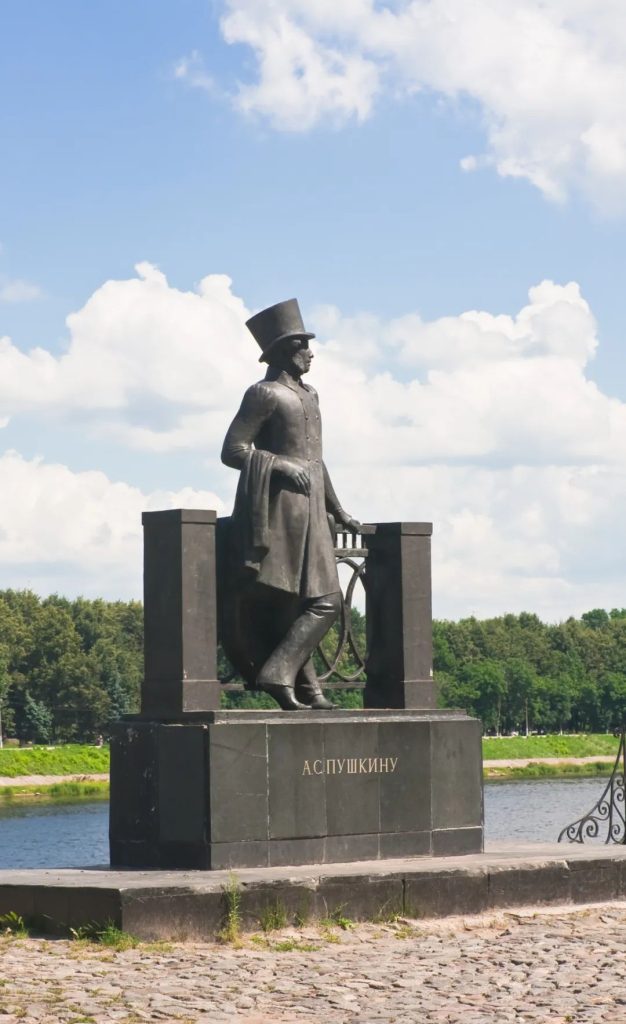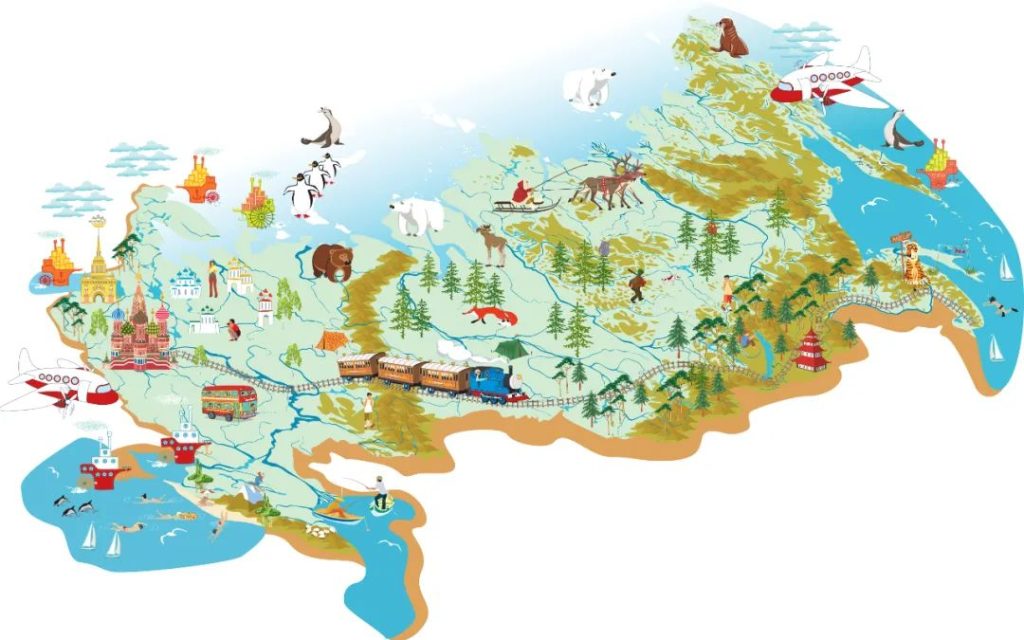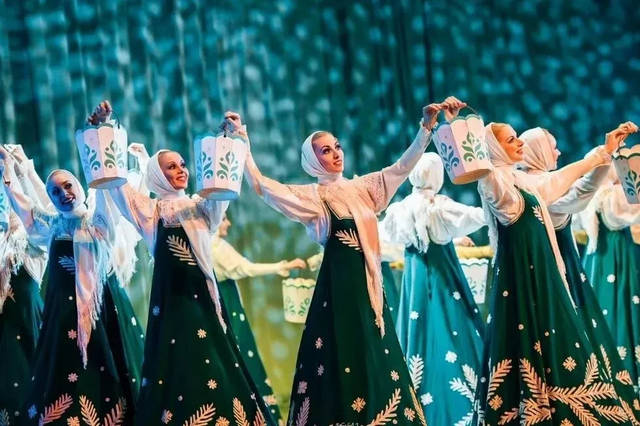In the 16th century, Russia gradually emerged, spanning Eastern and Western campaigns under the Tsars to eventually become a vast empire across Eurasia. Shaped by historical, social, and geographical factors, Russia nurtured its unique and diverse culture. However, the 18th to 19th centuries, particularly the 19th century, marked the zenith of Russian culture. During this period, Russia produced a cohort of world-renowned literary giants, including universally acclaimed luminaries such as Pushkin and Leo Tolstoy.

With its vast territory, abundant resources, and diverse ethnicities, Russia has developed a colorful and varied cultural landscape. The land is home to 130 different ethnicities, with Russians constituting the majority, accounting for 82.6% of the total population. Russian is the official language of the Russian Federation, with other language families such as the Altaic, Caucasian, and Uralic also present.

Russians have a passion for ice sports, exhibiting a spirited and artistic nature. Russia boasts the world’s highest-level ballet troupe, and the appreciation of symphony and opera is an integral part of popular cultural life.

In terms of cuisine, bread is a staple in the Russian diet, with both black and white bread varieties. Black bread, in particular, holds a special place in their preference. Potatoes also play a crucial role in Russian culinary traditions, with a table lacking potatoes considered incomplete for a proper feast. Additionally, Russians have a fondness for caviar, ice cream, vodka, milk, and tea.

Overall, Russia’s unique contributions extend across various fields, reflecting not only its long history and rich cultural traditions but also its distinctive literary, musical, and dance arts. Together, these elements compose a fascinating and profound cultural tapestry of Russia.



